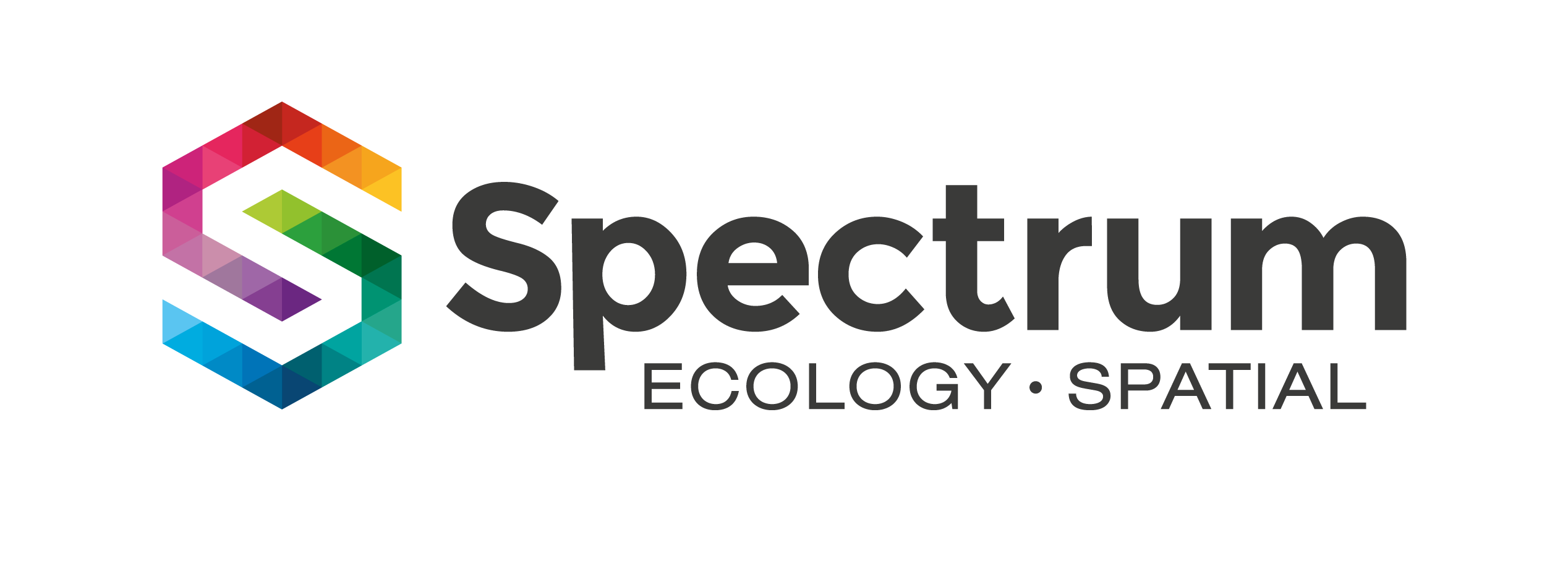Environmental Rehabilitation Monitoring
Achieving successful rehabilitation is often critical to future environmental approvals, and to demonstrating responsible environmental stewardship. Furthermore, rehabilitation activities may require significant financial investment.
For these reasons, it’s important to ensure rehabilitation targets are set appropriately, and monitored and reported on accurately and efficiently.
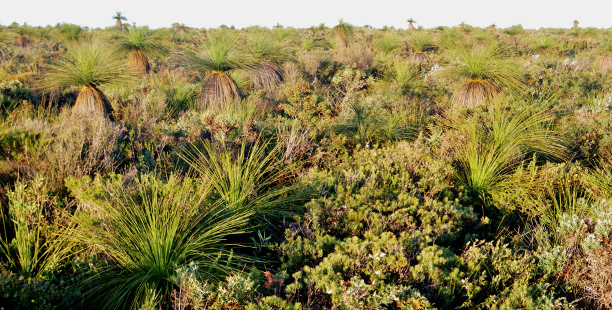
Our Rehabilitation Monitoring Services
Rehabilitation Completion Criteria
Realistic, achievable, quantitative flora and vegetation completion criteria
Spectrum has a strong theoretical background in restoration ecology and practical field experience in environmental rehabilitation monitoring. We use this knowledge, along with a sound understanding of the system you are operating in, to develop realistic, achievable, quantitative rehabilitation completion criteria that produce sound environmental outcomes, while attempting to satisfy all stakeholders (industry, community, and government). Completion criteria are designed to focus on the key aspects of restoration success, including landform stability and habitability, vegetation structure and composition, and threats from invasive species.
Contact us to discuss how we can help you develop completion criteria for your site.
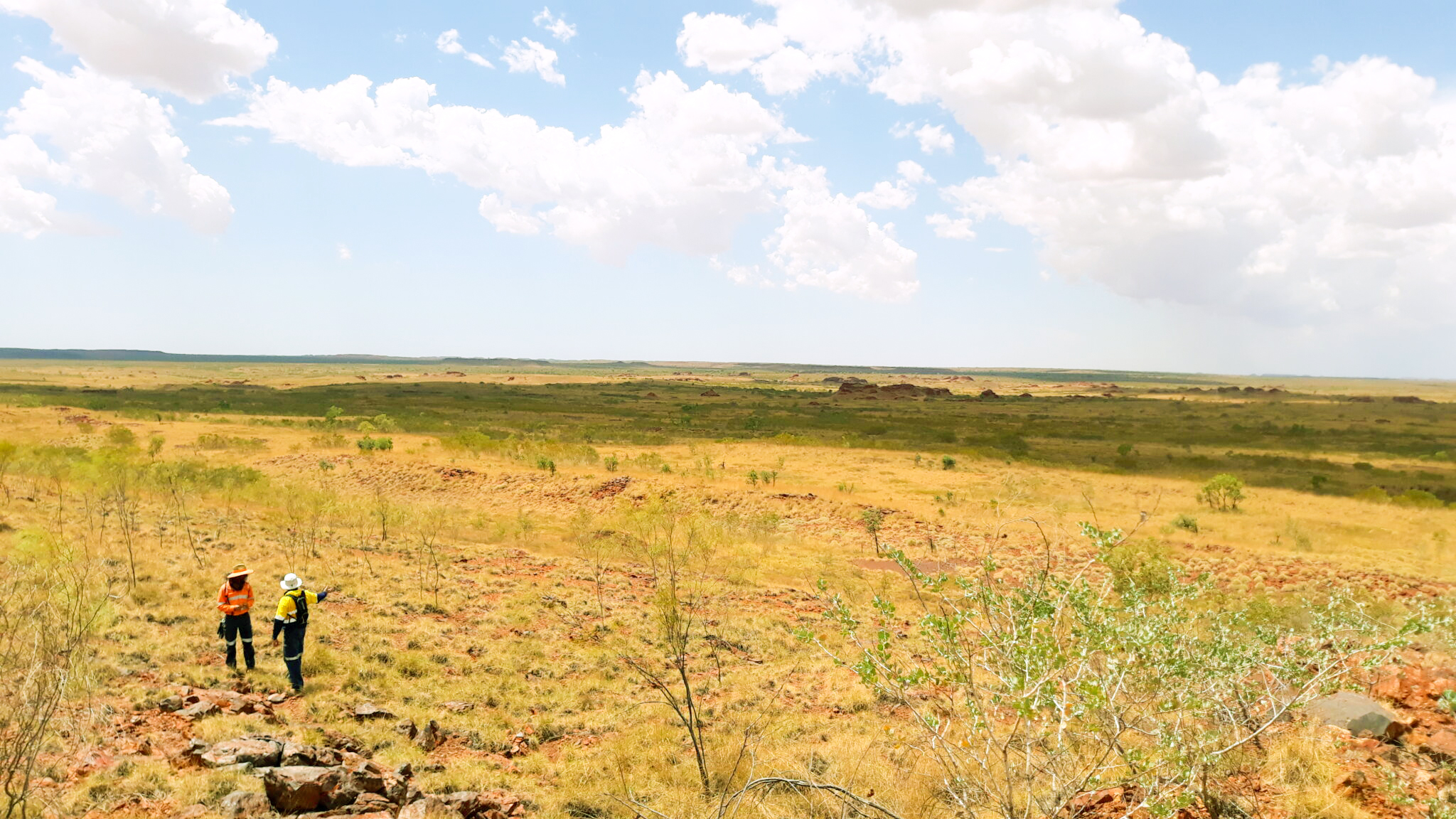
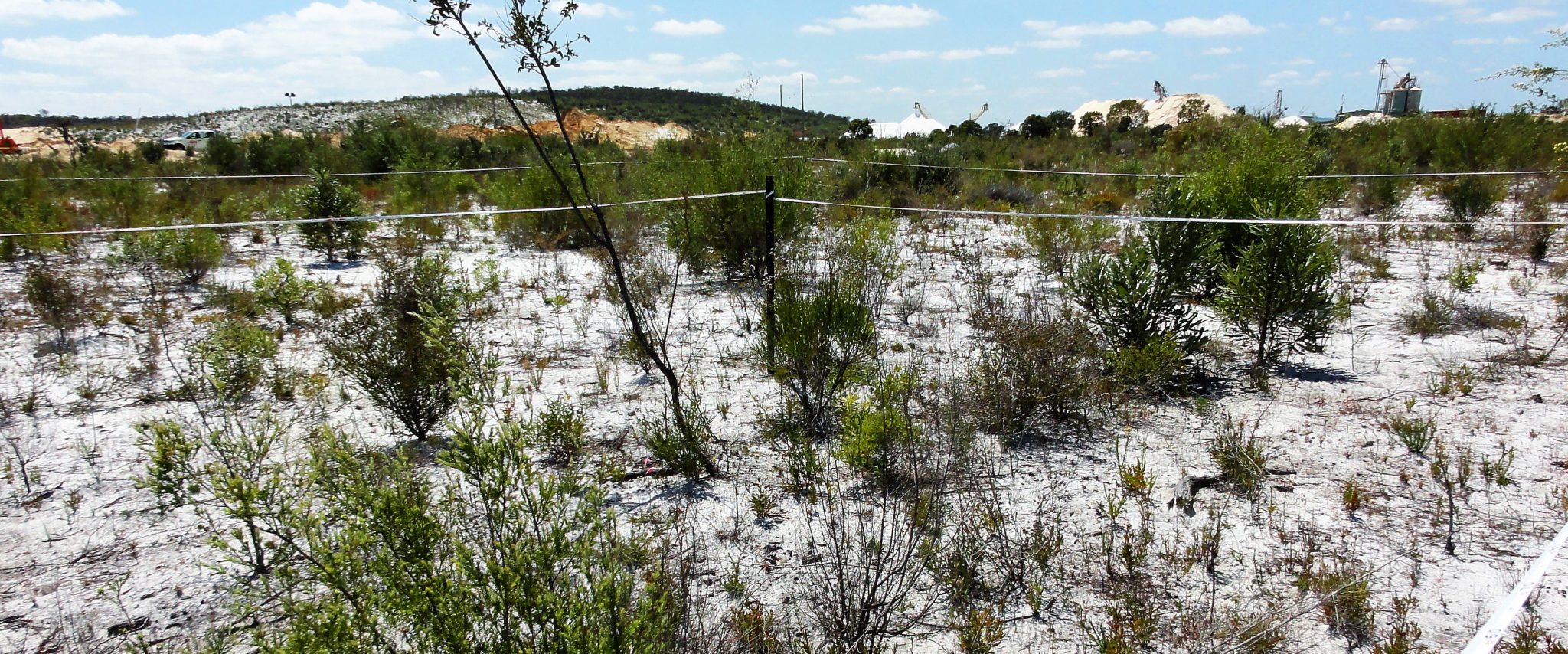
Rehabilitation Monitoring Methodologies
Our highly qualified ecologists design efficient, informative custom monitoring programs, aimed at collecting the data required to measure against your completion criteria. Our programs provide meaningful insight into rehabilitation development, helping restoration practitioners better understand the drivers of restoration success, and to continuously improve environmental rehabilitation outcomes.
Contact us to discuss the most appropriate monitoring methodology for your site.
Spectrum Ecology & Spatial are a Proud
Tyton Ecological Intelligence Partner!
Tyton Ecological Intelligence combines state-of the art flora, vegetation, and landform classification with intelligent, modular, integrated data management and analytics for improved environmental outcomes.
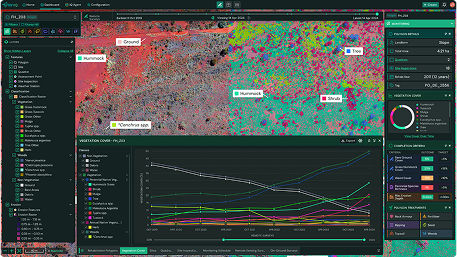

TytonAI Practitioner
As a TytonAI practioner partner, we deliver whole-of-site ecological assessments at the individual plant scale, powered by Tyton’s AI. This enables fast, accurate vegetation, species, and landform classifications across large projects.

TytonIQ Consultant
As a TytonIQ Consultant, we configure Tyton’s modular platform to align with rehabilitation targets, analogue sites, and best-practice standards. This ensures robust, transparent monitoring frameworks tailored to site-specific goals.
Remote Sensing Monitoring
Spectrum are world leaders in the application of highly sophisticated remote sensing and machine learning for whole-of-site rehabilitation monitoring.
Spectrum employ the TytonAI machine learning model (www.tytonei.com) to enable accurate classification of individual vegetation lifeforms and key genera/species, along with invasive species, at the landscape scale. The consistent, quantitative, outputs facilitate powerful time-series and change detection analysis, to detect trends and identify rehabilitation issues.
Contact us to discuss how we can help you to integrates remote sensing technology into your rehabilitation monitoring program.
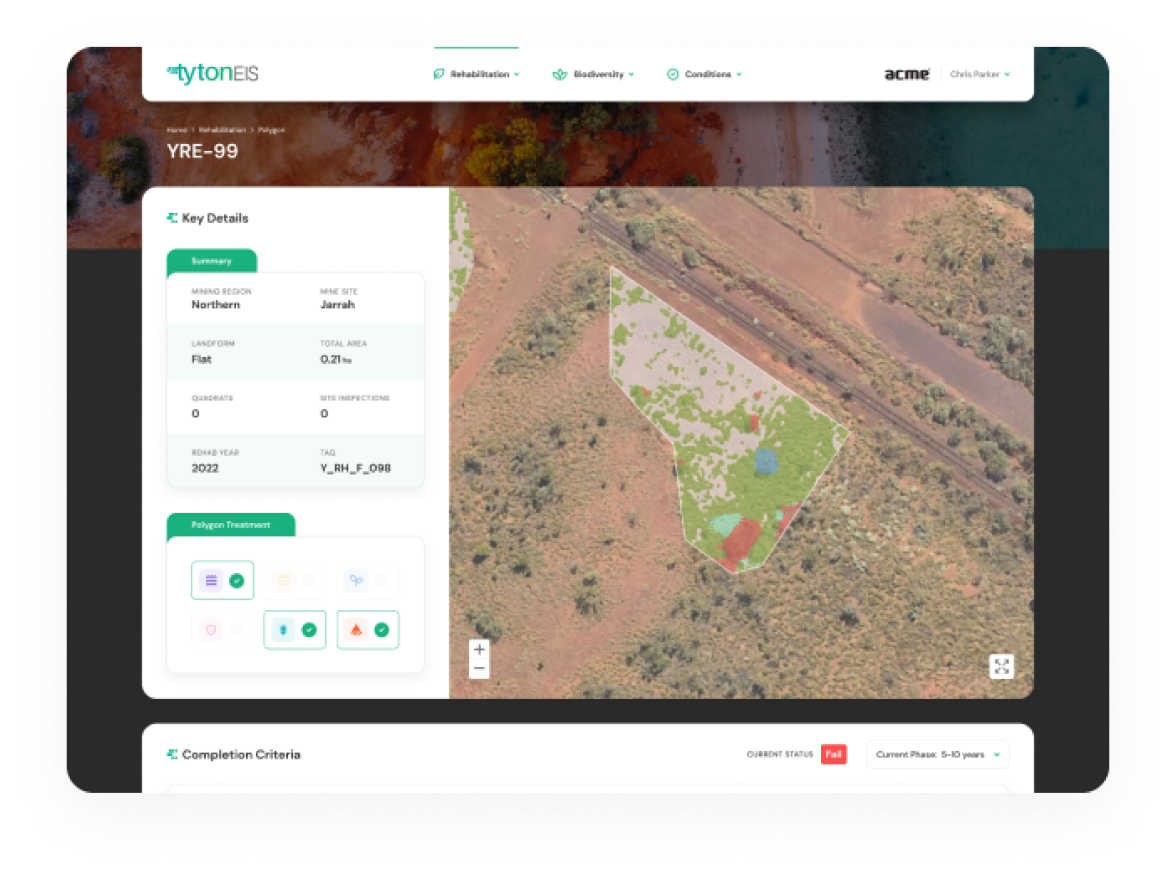
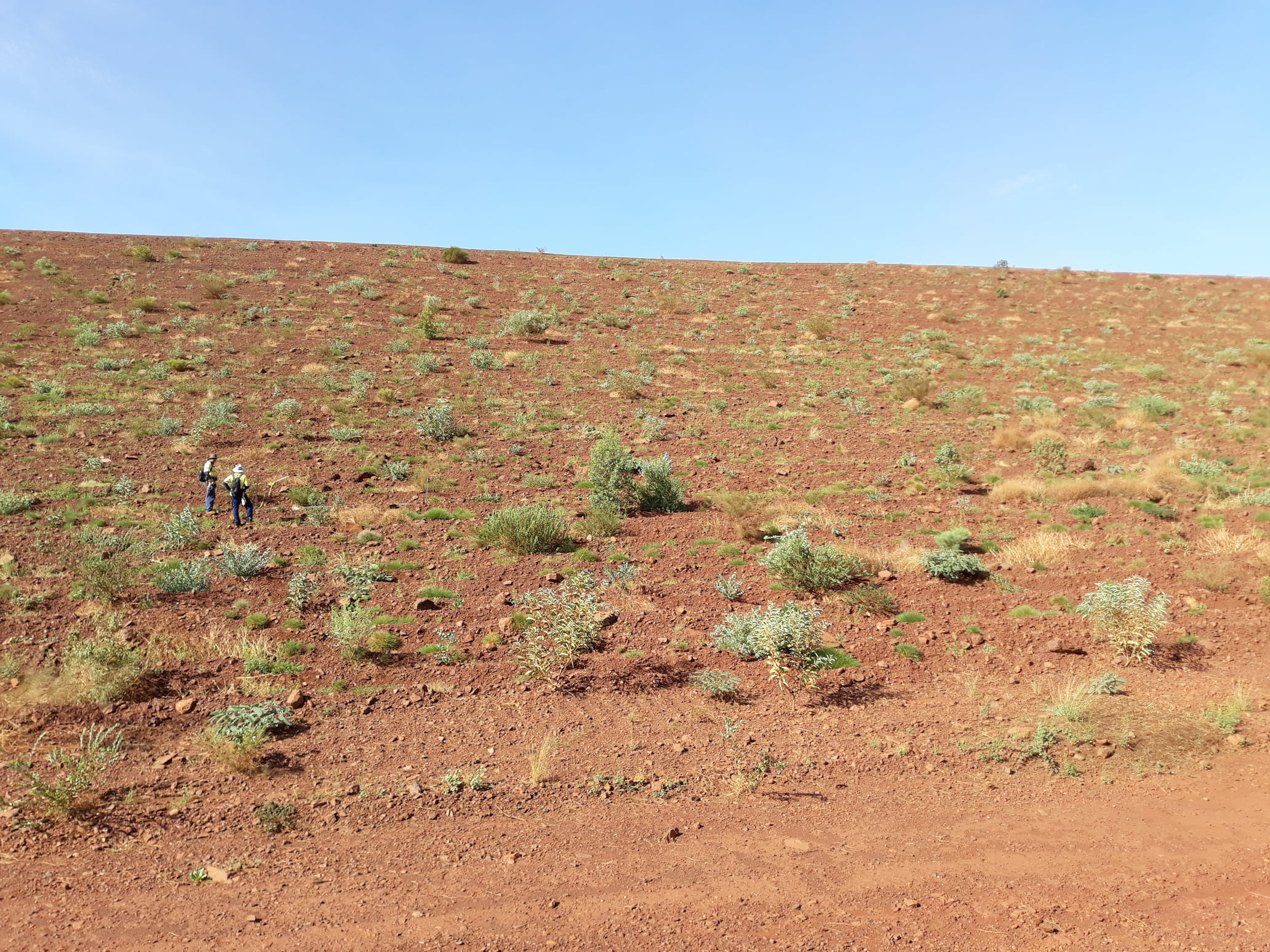
On-Ground Monitoring
Our trained ecologists utilise supplementary on-ground assessments to determine species composition and richness, and to investigate areas where rehabilitated flora & vegetation may be underperforming.
Data may be collected using quadrats, transects, and relevés, or visual observations and photographs, and geo-referenced with highly accurate Differential GPS to faciliate accurate ground-truthing of remotely sensed outputs.
Contact us to arrange the on-ground monitoring component of your rehabilitation monitoring program, today.
